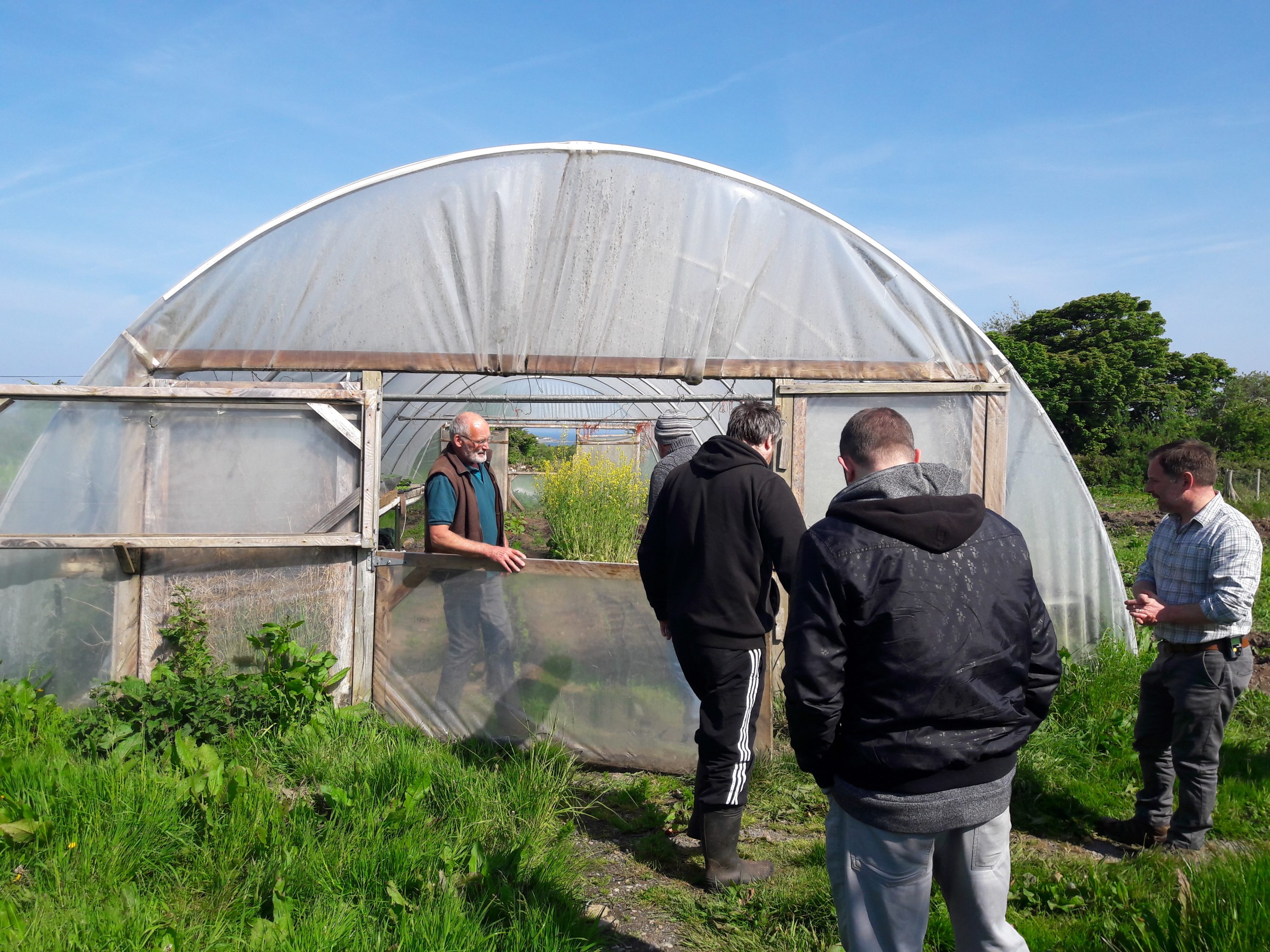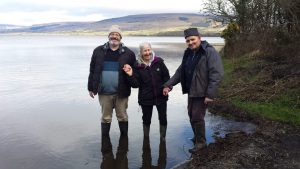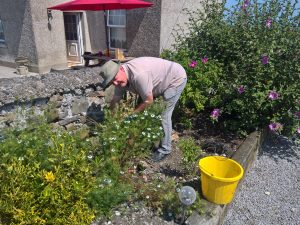Social farming has been proven to be effective for participants across a range of services including:
- Intellectual disability
- Mental disability
- Long term unemployed
- At risk youth


Service providers have found that they are meeting the development and progression goals of clients in a very enjoyable way, with a light touch. A strong and growing body of evidence points to the role of nature and ‘green care’ in delivering a variety of benefits and positive outcomes for individuals with a range of needs (Alcock et al. 2014; Elings, 2012; Gullone, 2000; Hansen-Ketchum, 2009; Leck et al., 2015).
Interventions such as social farming, animal assisted therapy, social and therapeutic horticulture, eco-therapy and wilderness therapy are increasingly being explored by health and social care services working in areas such as intellectual and sensory disability, mental health and youth-work.
Social farming is an outcome focused, support placement for people on a farm using the natural assets of the people, the place, the activities and the community to support a person to achieve some of their own chosen goals. It is fundamentally based on spending time with famers and their families in the natural environment of the farm, but also encompasses two other key elements; meaningful activities and social context which combine to deepen its impact further
Social farming can complement and contribute to mental health and social care policy and services by
Some find social farming to be a more natural “fit” for many participants then some of the other options on offer.

We currently work successfully with a wide range of services across the country to enable clients to participate in social farming.
“People are not in a classroom or a room where they are looking at four walls and feel that they have to listen or look at something on a projector. They are out and about and it’s good for the mind and the body engaging and benefiting in the farming activity.”
Support Worker, Long term Unemployed
“This is our job, getting people involved in their local community. This is what is great about social farming for them. Some of the people they have met had said they had never heard about our centre in C and would love to visit so it’s a two-way friendship….They are working with run of the mill people and that’s what fantastic for us.”
Support Worker, Intellectual Disability Services
“…and like J, he really enjoys being involved in that kind of work…. Rather than going into a day centre and doing yoga and the like, he is culturally more inclined towards the outdoors, being with other men and stuff like that.”
Health Professional, Mental Health Services
“I have never seen them go on a work experience where they became so involved with people, where they are so relaxed and at home.”
– SICAP Manager